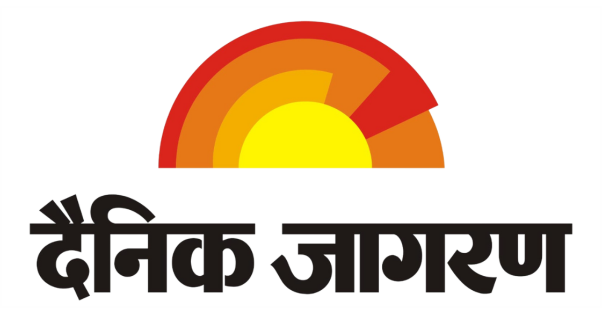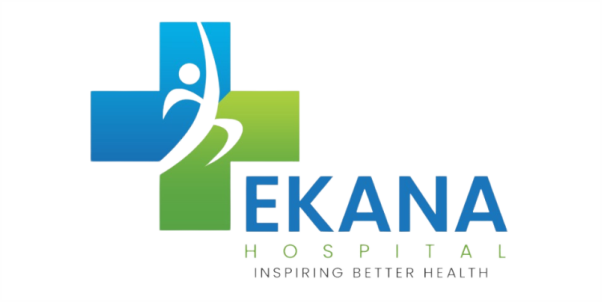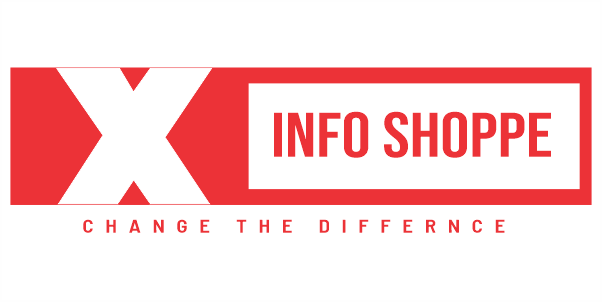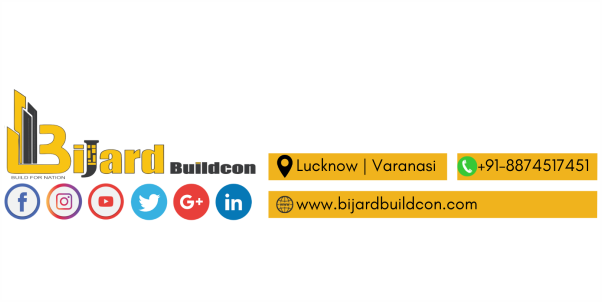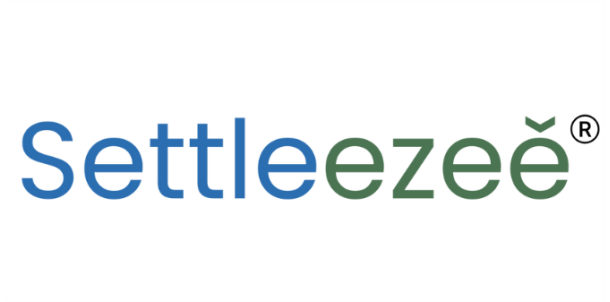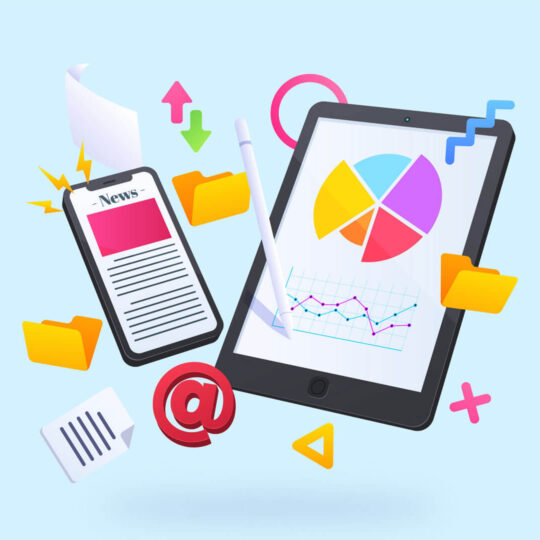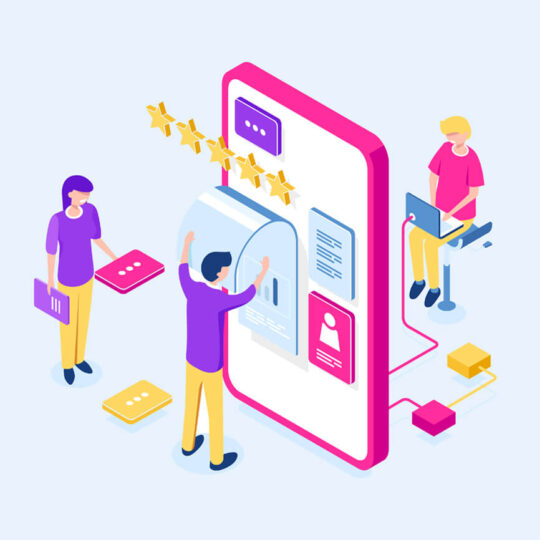- +1 (717) 710 6577
- info@digitalmartlab.com
What is Digital Marketing?
Digital marketing encompasses a broad range of online strategies and tactics aimed at promoting brands, products, and services through digital channels. These channels include search engines, social media platforms, email, websites, and mobile apps. The goal of digital marketing is to connect with potential customers where they spend their time online and to convert those interactions into meaningful business outcomes.
Key Components of Digital Marketing
Search Engine Optimization (SEO) Enhancing website visibility on search engines to attract organic traffic.
Pay-Per-Click (PPC) Advertising Running paid ads on platforms like Google Ads and social media to drive targeted traffic.
Content Marketing Creating valuable content to attract and engage a target audience.
Social Media Marketing Utilizing social media platforms to build brand awareness and foster customer relationships.
Email Marketing Sending personalized emails to nurture leads and retain customers.
Conversion Rate Optimization (CRO) Improving website performance to
increase the percentage of visitors who take desired actions.

How Digital Marketing Helps Grow Businesses
Increased Online Visibility
Targeted Marketing
Cost-Effective Advertising
Measurable Results
Enhanced Customer Engagement
Global Reach
Flexibility and Adaptability
Increased Online Visibility
Digital marketing strategies such as SEO and PPC are designed to increase your website’s visibility on search engines. When your website ranks higher in search results, it’s more likely to be seen by potential customers. This increased visibility not only drives more traffic to your website but also enhances brand awareness. As more people see your brand, they become more familiar with it, which can lead to increased trust and credibility.
Targeted Marketing
One of the significant advantages of digital marketing is the ability to target specific demographics, interests, and behaviors. Unlike traditional marketing methods, digital marketing allows you to create highly targeted campaigns that reach your ideal audience. For example, social media platforms and PPC advertising enable you to define your audience based on factors such as age, location, interests, and online behavior. This precise targeting ensures that your marketing efforts are reaching the right people, increasing the likelihood of conversions.
Cost-Effective Advertising
Digital marketing often offers a better return on investment (ROI) compared to traditional marketing methods. With PPC campaigns, you only pay when someone clicks on your ad, ensuring that your budget is spent efficiently. Additionally, digital marketing allows you to set and adjust your budget in real-time, giving you control over your spending. This cost-effectiveness makes digital marketing accessible to businesses of all sizes, allowing even small businesses to compete with larger companies.
Measurable Results
One of the most significant benefits of digital marketing is the ability to measure and analyze results. With tools like Google Analytics, businesses can track the performance of their campaigns in real-time. Detailed analytics provide insights into various metrics such as website traffic, bounce rates, conversion rates, and customer behavior. This data-driven approach allows businesses to understand what’s working and what’s not, enabling them to optimize their strategies for better results. The ability to measure and analyze results also helps businesses make informed decisions and allocate their marketing budget more effectively.
Enhanced Customer Engagement
Digital marketing enables businesses to engage with their customers in real-time. Social media platforms, in particular, provide a space for businesses to interact with their audience, respond to inquiries, and build relationships. By engaging with customers through comments, messages, and posts, businesses can foster a sense of community and loyalty. Additionally, personalized email marketing campaigns can nurture leads and keep existing customers informed and engaged. This enhanced customer engagement helps build trust and encourages repeat business.
Global Reach
Unlike traditional marketing methods, which may be limited by geography, digital marketing allows businesses to reach a global audience. Through online channels, businesses can expand their reach beyond their local market and tap into new markets. This global reach opens up new opportunities for growth and allows businesses to connect with customers from around the world.
Flexibility and Adaptability
Digital marketing offers flexibility and adaptability that traditional marketing methods cannot match. With digital campaigns, businesses can quickly adjust their strategies in response to market changes, customer feedback, or performance data. This agility allows businesses to stay competitive and respond to new opportunities or challenges in real-time. For example, if a particular ad isn’t performing well, it can be paused or adjusted immediately to improve results.
Increased Online Visibility
Targeted Marketing
Cost-Effective Advertising
Measurable Results
Enhanced Customer Engagement
Global Reach
Flexibility and Adaptability
Increased Online Visibility
Digital marketing strategies such as SEO and PPC are designed to increase your website’s visibility on search engines. When your website ranks higher in search results, it’s more likely to be seen by potential customers. This increased visibility not only drives more traffic to your website but also enhances brand awareness. As more people see your brand, they become more familiar with it, which can lead to increased trust and credibility.
Targeted Marketing
One of the significant advantages of digital marketing is the ability to target specific demographics, interests, and behaviors. Unlike traditional marketing methods, digital marketing allows you to create highly targeted campaigns that reach your ideal audience. For example, social media platforms and PPC advertising enable you to define your audience based on factors such as age, location, interests, and online behavior. This precise targeting ensures that your marketing efforts are reaching the right people, increasing the likelihood of conversions.
Cost-Effective Advertising
Digital marketing often offers a better return on investment (ROI) compared to traditional marketing methods. With PPC campaigns, you only pay when someone clicks on your ad, ensuring that your budget is spent efficiently. Additionally, digital marketing allows you to set and adjust your budget in real-time, giving you control over your spending. This cost-effectiveness makes digital marketing accessible to businesses of all sizes, allowing even small businesses to compete with larger companies.
Measurable Results
One of the most significant benefits of digital marketing is the ability to measure and analyze results. With tools like Google Analytics, businesses can track the performance of their campaigns in real-time. Detailed analytics provide insights into various metrics such as website traffic, bounce rates, conversion rates, and customer behavior. This data-driven approach allows businesses to understand what’s working and what’s not, enabling them to optimize their strategies for better results. The ability to measure and analyze results also helps businesses make informed decisions and allocate their marketing budget more effectively.
Enhanced Customer Engagement
Digital marketing enables businesses to engage with their customers in real-time. Social media platforms, in particular, provide a space for businesses to interact with their audience, respond to inquiries, and build relationships. By engaging with customers through comments, messages, and posts, businesses can foster a sense of community and loyalty. Additionally, personalized email marketing campaigns can nurture leads and keep existing customers informed and engaged. This enhanced customer engagement helps build trust and encourages repeat business.
Global Reach
Unlike traditional marketing methods, which may be limited by geography, digital marketing allows businesses to reach a global audience. Through online channels, businesses can expand their reach beyond their local market and tap into new markets. This global reach opens up new opportunities for growth and allows businesses to connect with customers from around the world.
Flexibility and Adaptability
Digital marketing offers flexibility and adaptability that traditional marketing methods cannot match. With digital campaigns, businesses can quickly adjust their strategies in response to market changes, customer feedback, or performance data. This agility allows businesses to stay competitive and respond to new opportunities or challenges in real-time. For example, if a particular ad isn’t performing well, it can be paused or adjusted immediately to improve results.
Trends in Digital Marketing Over the Last 10 Years
Future of Digital Marketing
1. Artificial Intelligence and Machine Learning
AI and machine learning will continue to advance, offering more sophisticated data analysis, personalized marketing experiences, and chatbots that enhance customer service.
2. Voice Search Optimization
With the rise of voice-activated devices like Amazon Echo and Google Home, optimizing content for voice search will become increasingly important.
3. Augmented Reality (AR) and Virtual Reality (VR)
AR and VR technologies will offer immersive marketing experiences, allowing customers to interact with products in innovative ways.
4. Influencer Marketing Evolution
Influencer marketing will continue to grow, with a focus on micro-influencers who have smaller but highly engaged audiences.
5. Privacy and Data Security
As data privacy concerns rise, digital marketers will need to prioritize transparent data practices and comply with regulations like GDPR and CCPA.
Conclusion
Digital marketing is a dynamic and ever-evolving field that plays a crucial role in business growth. By leveraging the latest trends and technologies, businesses can connect with their target audience, drive conversions, and achieve sustainable growth. At Digital Mart Lab LLC, we stay ahead of the curve by drawing insights from the top 50 digital marketing companies and the top 100 digital marketing blogs in the USA, ensuring our clients receive cutting-edge solutions that deliver results.
Interested in working together?
Freequently Ask Questions (FAQ)
Digital marketing encompasses all marketing efforts that use an electronic device or the internet. Businesses leverage digital channels such as search engines, social media, email, and other websites to connect with current and prospective customers.
Digital marketing is crucial because it allows businesses to reach a larger audience than traditional methods and target prospects who are most likely to buy your product or service. Additionally, digital marketing is often more cost-effective and enables better tracking and analysis of campaigns.
The main components of digital marketing include:
- Search Engine Optimization (SEO)
- Content Marketing
- Social Media Marketing
- Pay-Per-Click Advertising (PPC)
- Affiliate Marketing
- Email Marketing
- Online PR
- Inbound Marketing.
SEO (Search Engine Optimization) is the process of optimizing your website to rank higher in search engine results pages (SERPs), thereby increasing the quantity and quality of traffic to your site. This involves both on-page (e.g., keyword optimization, meta tags) and off-page (e.g., backlinks, social signals) strategies.
Content marketing focuses on creating and distributing valuable, relevant, and consistent content to attract and retain a clearly defined audience and, ultimately, to drive profitable customer action. Examples include blog posts, videos, infographics, and social media updates.
The cost of digital marketing varies widely depending on the services required, the scale of the campaign, and the agency’s pricing model. Small businesses might spend $1,000 to $3,000 per month, while larger enterprises could spend $10,000 or more per month. Some agencies charge hourly rates ranging from $50 to $200 per hour. It’s essential to discuss your budget and goals with the agency to get a tailored quote.
Social media marketing involves using social platforms like Facebook, Twitter, LinkedIn, and Instagram to promote your brand and engage with your audience. Benefits include increased brand awareness, more inbound traffic, improved search engine rankings, higher conversion rates, and better customer satisfaction.
PPC (Pay-Per-Click) advertising is a model of internet marketing in which advertisers pay a fee each time one of their ads is clicked. Essentially, it’s a way of buying visits to your site rather than attempting to earn those visits organically. Google Ads is the most popular PPC system.
Affiliate marketing is a performance-based marketing strategy where a business rewards affiliates for bringing customers through the affiliate’s own marketing efforts. This is often achieved through unique tracking links.
Email marketing remains one of the most cost-effective and high ROI digital marketing strategies. It involves sending emails to prospects and customers to promote products, offer deals, or share content. When executed properly, email marketing can nurture leads, convert prospects, and retain customers.
Online PR involves securing coverage and mentions across digital publications, blogs, and other content-based websites. Benefits include increased brand visibility, enhanced SEO, and improved public perception of your brand.
Inbound marketing is a strategy that focuses on attracting customers through relevant and helpful content and adding value at every stage in your customer’s buying journey. Potential customers find you through channels like blogs, search engines, and social media.
Success in digital marketing is measured through various metrics depending on the goals of your campaign. Common metrics include website traffic, conversion rates, click-through rates (CTR), engagement rates, lead generation, and return on investment (ROI).
Some of the latest trends include:
- Artificial Intelligence and Machine Learning
- Voice Search Optimization
- Personalization
- Video Marketing
- Chatbots
- Interactive Content
- Influencer Marketing
- Augmented Reality (AR) and Virtual Reality (VR).
Yes, digital marketing can significantly enhance local SEO efforts through practices like optimizing Google My Business listings, creating locally relevant content, managing online reviews, and local link building.
Analytics in digital marketing helps track and measure the performance of campaigns, understand user behavior, and make data-driven decisions. Tools like Google Analytics provide insights into traffic sources, user engagement, and conversion rates.
Content is a critical component of digital marketing because it drives SEO, engages audiences, builds trust, and converts leads into customers. High-quality, relevant content is essential for attracting and retaining customers.
The future of digital marketing lies in advancements in AI, increased use of data analytics, greater emphasis on personalization, the rise of new platforms and technologies, and the continued importance of providing valuable and engaging content to users.
To stay updated, follow leading digital marketing blogs, attend industry conferences and
webinars, participate in online courses, and engage with professional communities on
platforms like LinkedIn and Twitter. Notable blogs include Moz, Neil Patel, and HubSpot.
When hiring a digital marketing agency, consider their experience, client portfolio, range
of services, understanding of your industry, transparency in reporting, and their
approach to communication and collaboration.
Mobile marketing targets users on their smartphones and tablets through SMS, MMS,
in-app ads, mobile websites, and more. It’s essential due to the growing number of
users accessing the internet through mobile devices.
Our Clients
